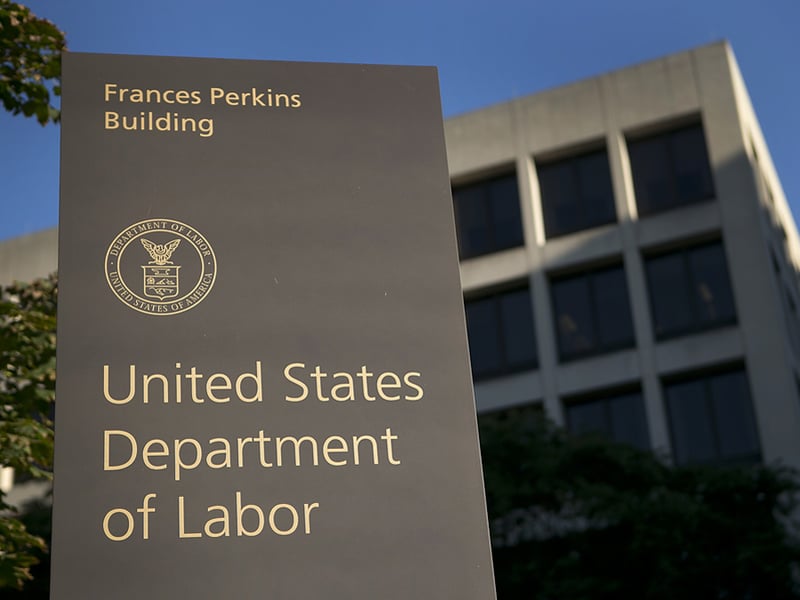As advocates and opponents eagerly anticipate — or brace for — the expected release Wednesday of the final Labor Department rule to raise investment advice standards for retirement accounts, they all are seeking changes to the measure.
The DOL conducted two comment periods on the rule — which would require financial advisers to 401(k) and individual retirement accounts to act in the best interests of their clients — drawing more than 3,000 letters, as well as four days of public hearings last August. Labor Secretary Tom Perez has promised critics of the rule that the agency is listening to their concerns and would modify the proposal before it is finalized.
Changes and clarifications to the proposed rule being urged by interest groups and lawmakers that oppose and support the regulation include:
Best interest contract exemption
Both the Securities Industry and Financial Markets Association and the Financial Planning Coalition have reservations about the so-called best interest contract exemption.
The legally binding contract requires advisers to act as fiduciaries, but also gives them flexibility in their compensation arrangements, allowing them to charge commissions or accept 12b-1 fees.
In its
comment letter, SIFMA called on DOL to redo the contract, asserting that the exemption and its disclosure requirements are “unworkable” and would lead to “decreased access to one-on-one financial guidance for smaller retirement accounts.”
The Financial Planning Coalition — comprised of the Certified Financial Planner Board of Standards Inc., the Financial Planning Association and the National Association of Personal Financial Advisors — supports the best-interests contract, but wants some tweaks.
For instance, the FPC called for
flexibility in when the contract must be signed, suggesting at the moment that an account is opened rather than at the beginning of conversations between the adviser and client. It also is seeking a streamlining of the required disclosures.
Implementation timeline
Many interest groups and lawmakers say the eight-month implementation timeframe in the original proposal should be extended.
Treatment of annuities
Democratic lawmakers in the House and Senate have asked the DOL to clarify how the fiduciary rule will affect annuities. They're worried that the measure's emphasis on low-cost investment products would hurt more expensive lifetime income products.
Rollover advice
In an
Aug. 7 letter to the DOL, several Democratic senators asked for a clarification on “investment education” when workers are transitioning between jobs and making decisions on whether to roll over a 401(k) to an IRA. “It is important that educational conversations at the time of roll over not be considered fiduciary advice,” the lawmakers wrote.
General education
Democratic lawmakers and the FPC want the DOL to allow allocation models to include examples of specific investments.
Allowable investments
Proponents of alternative investments want the DOL to expand the list of investment allowed in retirement accounts. In the proposed rule, for instance, options are prohibited.
Everyone involved in the debate over the rule will be parsing the final version.
“I think there will be changes at the margins,” said Lisa Bleier, SIFMA managing director and associate general counsel. “We are hopeful that there will be more extensive changes than that.”







